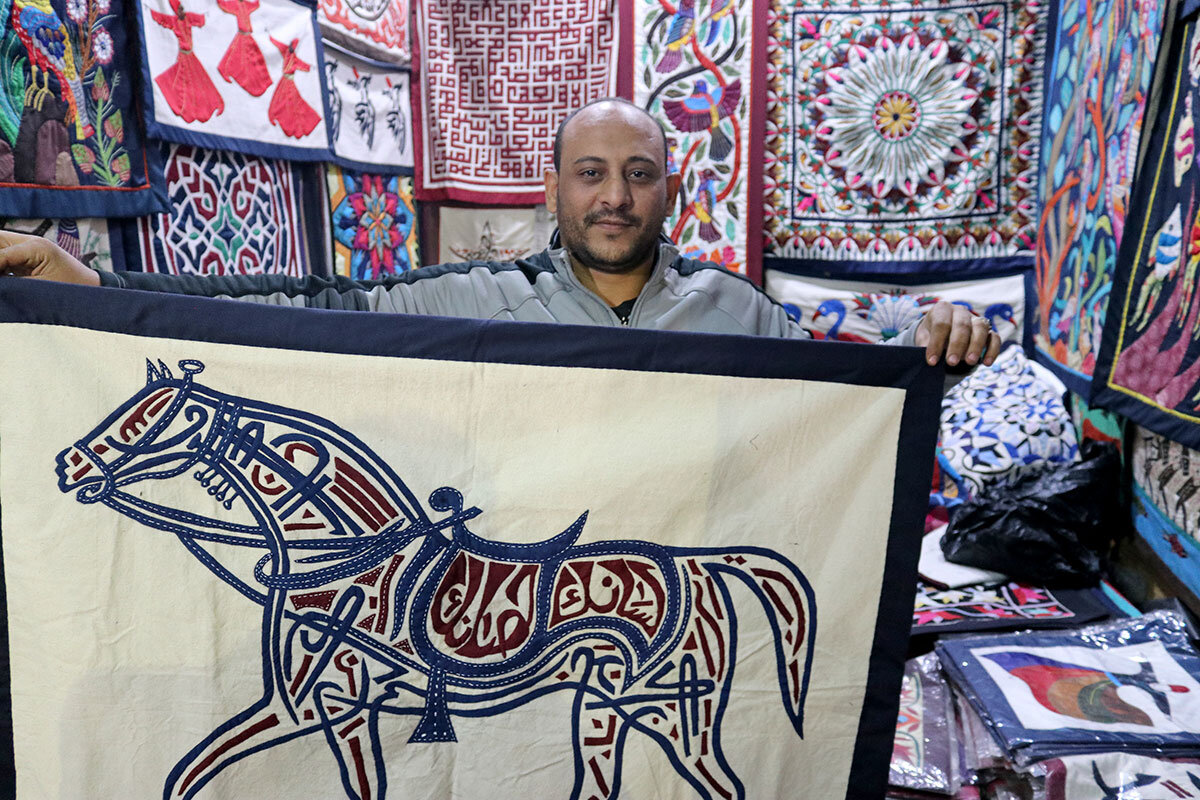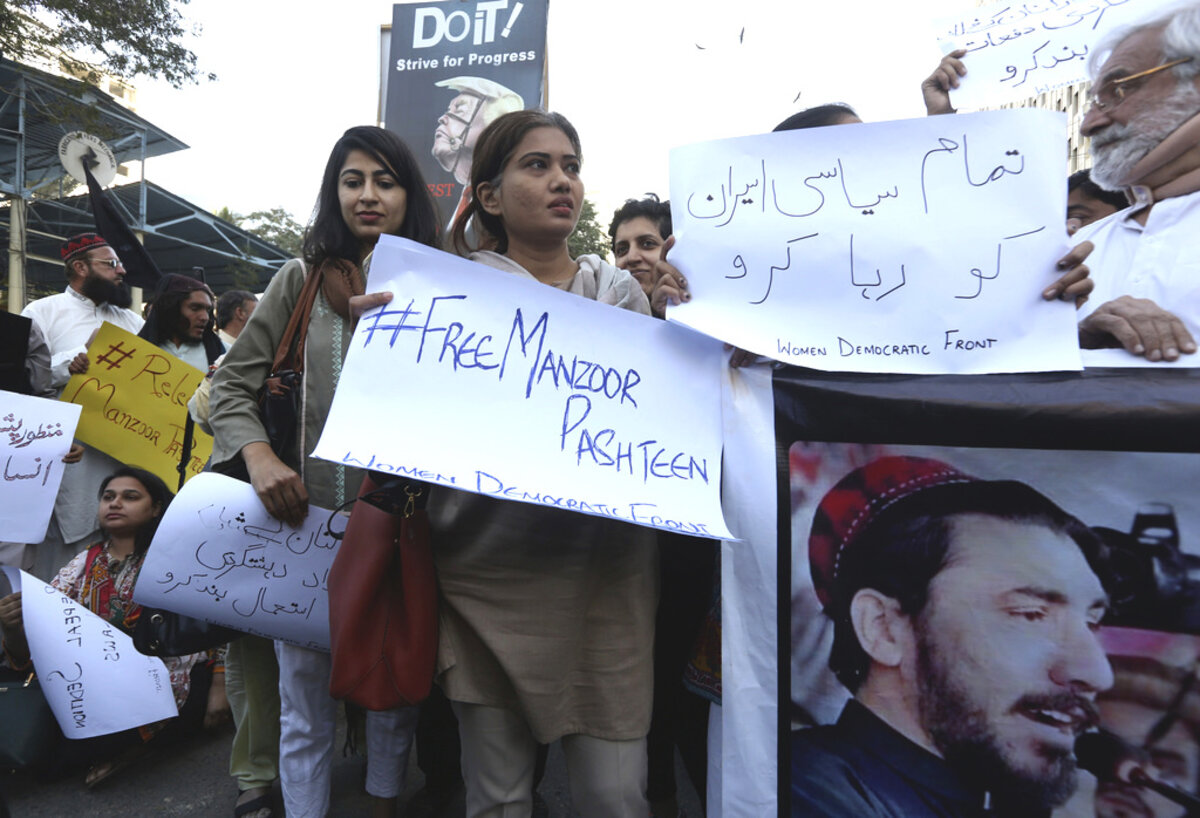Is the Senate impeachment trial really a trial? That’s the wrong mental framework. It’s only loosely a judicial process, and it’s mostly a political exercise, our reporter finds.
Monitor Daily Podcast
- Follow us:
- Apple Podcasts
- Spotify
- RSS Feed
- Download
 David Clark Scott
David Clark Scott
Today, our five selected stories cover misperceptions about the impeachment trial, progress versus stewardship of U.S. waters, gender and Democratic leadership, finding trust in an age of misinformation, and the history of creativity among Cairo’s tent-makers.
Immigration. Impeachment. Contagion. As I struggled to digest today’s headlines, my eye was drawn to NASA’s naming contest for the next Mars rover. And I found a loftier perspective.
NASA got 28,000 essay submissions from K-12 students. Last week, the agency chose nine finalists.
Now, I’m aware that NASA is a finely tuned public relations machine intent on boosting the next generation’s engagement and taxpayer support for its missions. But if you read these short essays, you will be inspired. These kids get it: This contest is not only about naming a 2,300-pound robot going to the red planet in July. They’re defining the attributes for out-of-this-world success.
Tenacity. Vision. Endurance. Clarity. Perseverance. Promise. Ingenuity. Fortitude. Courage.
As fourth grader Eamon Reilly of York, Pennsylvania, explains, “Scientists make mistakes ... and then try again. ... If they didn’t have tenacity, Mars rovers wouldn’t be a thing.”
Every previous Mars rover has carried a moniker that defines us: “Curiosity. Insight. Spirit. Opportunity,” observes middle schooler Alexander Mather of Springfield, Virginia. He adds “perseverance” as a North Star: “We, not as a nation but as humans, will not give up.”
The Mars rover is “a promise,” writes fourth grader Amira Shanshiry of Westwood, Massachusetts; “a goal with an intention. A commitment ... a glimmer of hope.”
Yes, the Mars rover is a six-wheeled $2 billion research lab. But it’s also a cosmic ambassador. It represents more than our scientific quest for understanding. It’s a testament to humanity’s best qualities.










